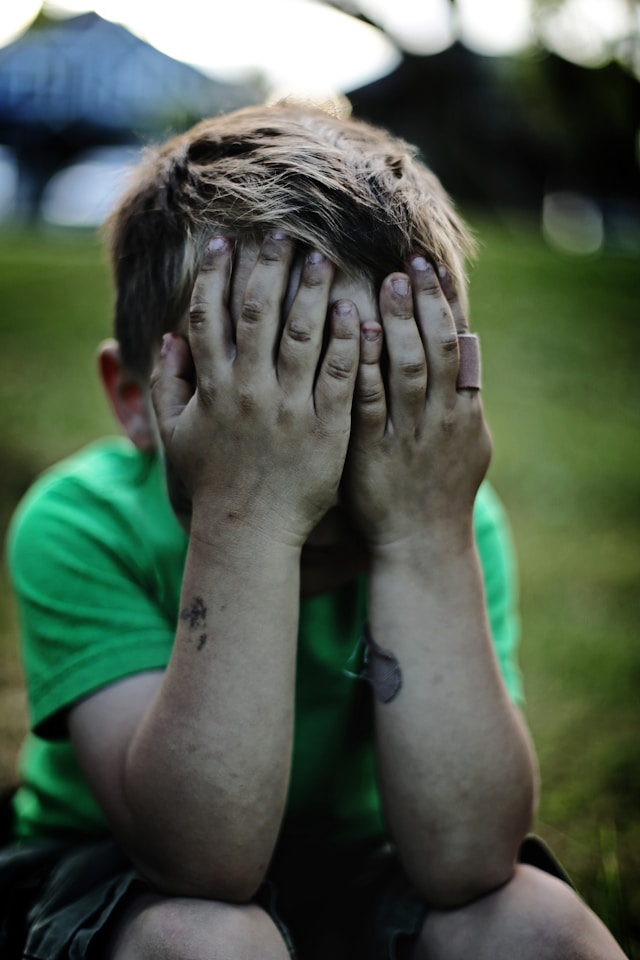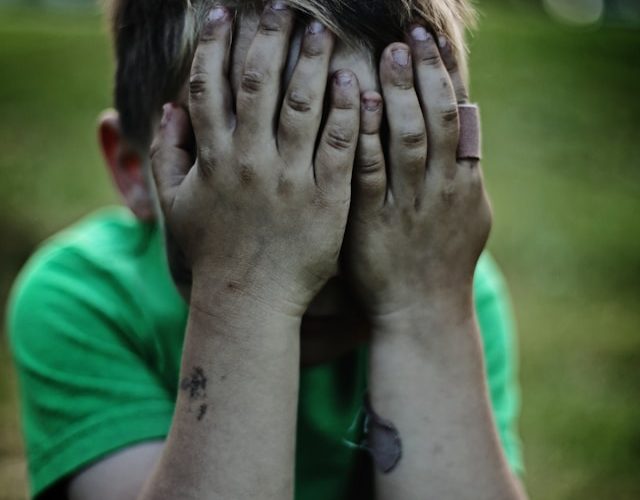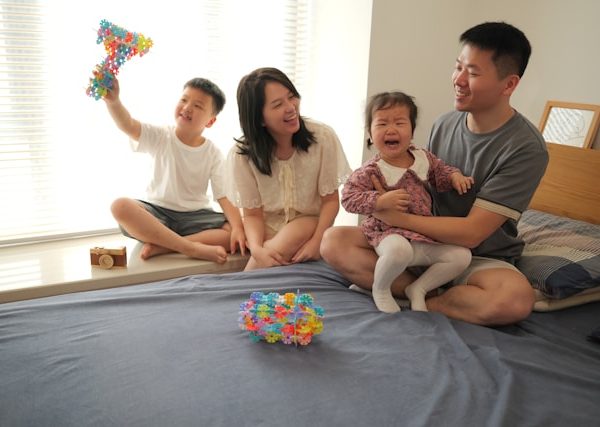First posted to: https://surehopecounseling.com/why-grieve-childhood-trauma/

While not everyone can boast of having an idyllic childhood, neither do most people prefer to point out their parents’ flaws. Many cultures (including Christians) might consider remembrance of negative childhood events as disloyal or dishonoring to elders who went before us. Still others might wonder to what end we should recall negative events that are part of our past, since they cannot be changed. So why grieve childhood trauma?
While I have no desire to incite a witch hunt of our ancestors’ sins, I believe that historians tell us we are doomed to repeat the past if we don’t learn from our mistakes. How true might this be in family relationships, patterns of behavior that are passed on from one generation to the next, and even the relational skills necessary to hold a family together when more than 50% are broken by divorce? Where and how else can we grow into emotionally mature adults, particularly if the adults before us have been lacking in this area?
I’d like to propose that grieving is part of a healthy emotional path forward. Often I refer clients to the widely quoted Adverse Childhood Experiences study https://www.cdc.gov/aces/about/index.html, as one tool for identifying how a harmful event in childhood might be contributing to current emotional, relational and physical struggles in adulthood. Since I’m a mental health counselor, what often jumps out to me is what little history we have of our ancestors’ emotional and mental health, what little language/framework we have for that discussion, and what stigma remains even to ask the question for our own knowledge.
Here I’ll admit to being a superfan of Lauren Daigle, and I’d like to quote lyrics from one of my favorite songs “Valuable” off her 2023 self-titled album:
Is there a story you’ve been told, that put a stain on your soul?
Was it handed down your family line, a memory you try to hide?
Is there something in the distance that won’t allow you to reconcile?
I can attest to the fact that some of these particular stories are the “ghosts” that haunt clients I’ve worked with who face unwanted substance abuse, cycles of conflict in current relationships, and lack of fulfillment in career. Truly, so many adult struggles can be traced back to family-of-origin work that is hard, but ultimately incredibly freeing for someone who wants to forge a better path than the one they were born into.
So, why grieve attachment wounds and childhood trauma? One definition of trauma from my recent participation in a cohort study of Narrative Focused Trauma Care (see theory basis here https://theallendercenter.org/about/allender-theory/) is this: any childhood story of harm before age 18 that physically, emotionally, relationally or spiritually threatened my life. While some prefer to pretend such wounds don’t exist, deny their impact, or distract themselves from the pain of such memories, I do not believe these responses yield a fully alive and emotionally present personhood.
Maybe the following verses in Jeremiah 9:17-18 can paint one picture of healthy grieving: “Look over the trouble we’re in and call for help. Send for some singers who can help us mourn our loss. Tell them to hurry – to help us express our loss and lament, Help us get our tears flowing, make tearful music of our crying” (The Message). While this may not sound like an appealing journey that anyone willingly embarks upon, I invite you to consider making space for grief in your life – possibly through counseling – so that harmful memories can have a less harmful impact on your life as you grow and mature.
-Melody Carr – learn more about working with Melody here!



